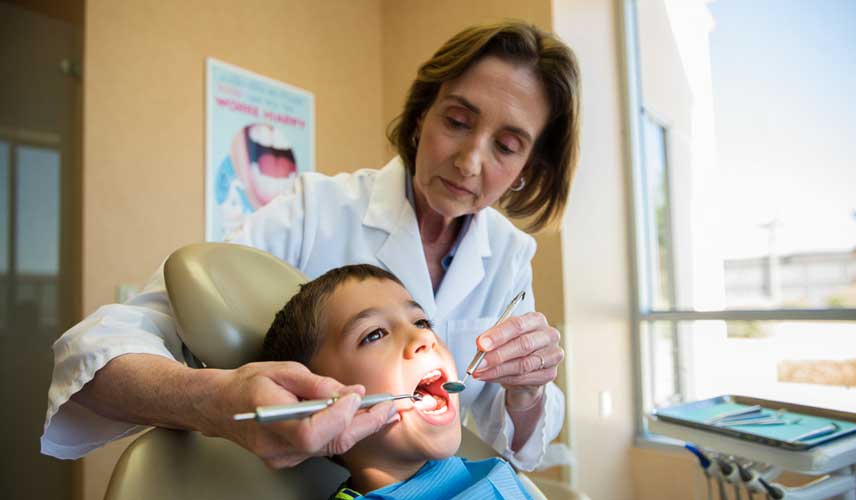
Dental Health in Children

A baby starts to get its milk teeth when it is 6-8 months old, and by the age of 2.5-3 years, the number of these teeth reaches 20. The function of milk teeth is to ensure that the child's nutrition and speech appear proper, while also preparing the ground for permanent teeth and guiding them as they emerge. Milk teeth are quite important for children's dental health; neglecting them would be a serious mistake since they are temporary teeth. These teeth, which contain more organic material than permanent teeth, are more prone to decay, and losing them early can lead to disruption in the child's jaw structure and dental alignment. Additionally, the child may start to have difficulty chewing food, which negatively affects their nutrition and development. Therefore, it is essential to ensure the health of milk teeth until they are replaced by permanent teeth and to treat decayed milk teeth.
Oral and dental health in children is a crucial issue that can significantly affect the course of a child's life. Tooth decay shows symptoms such as sensitivity to hot and cold and mild pain in the early stages, but a small child cannot evaluate, interpret, or explain these symptoms. When the decay progresses and the pain becomes unbearable, it may be too late to save the tooth. It is advisable for families to be attentive in this regard and to take their child to a dentist as soon as all milk teeth are present in the mouth.
Although there is no vaccine or medication that can completely prevent decay, the progression of decay can be prevented through various preventive dentistry practices. The earlier treatment for a tooth decay begins, the higher the likelihood of achieving a good result. Looking at the complaints from parents, one of the most significant deficiencies in children's dental health is found to be the lack of tooth brushing among children.
You should do your best to instill this habit in your child at an early age. Children under the age of 3 may enjoy the taste of toothpaste and swallow it, so it is not recommended to use toothpaste for children under this age. However, the habit of brushing can be established. It is necessary to choose soft toothbrushes made of nylon bristles that are suitable for the child's mouth structure and size.
You can encourage your child by brushing your teeth together, buying a few toothbrushes that have an attractive appearance, and turning the selection of one for the current brushing into a game.
Child Health and Safety Other Content in the Category

Child Health and Safety
Newborn Care
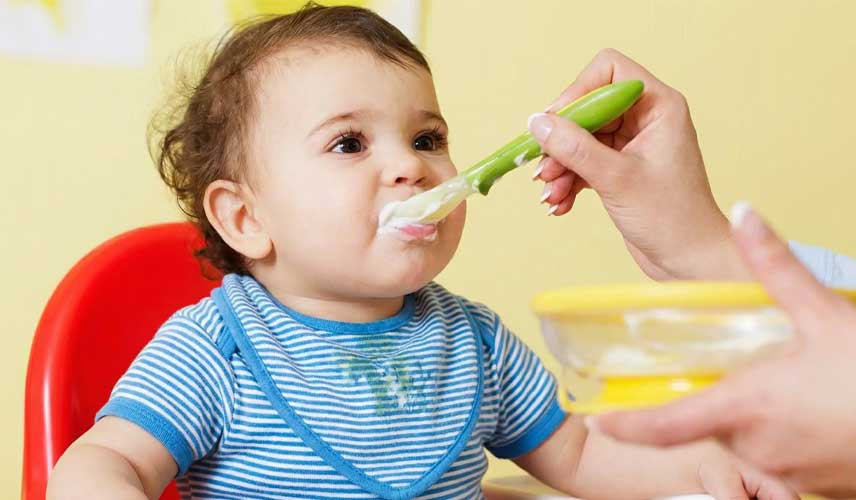
Child Health and Safety
My Baby Refuses to Eat Solid Food

Child Health and Safety
Ways to Protect Children from the Coronavirus
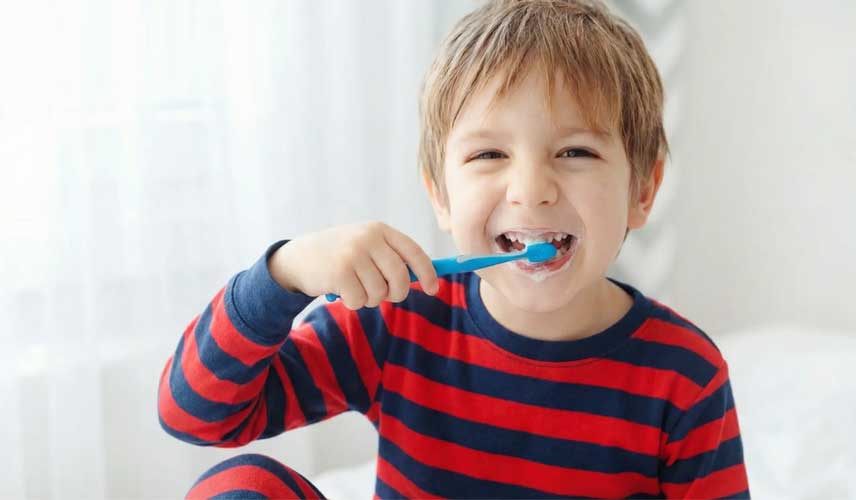
Child Health and Safety
What to Do to Instill Brushing Habits in Children
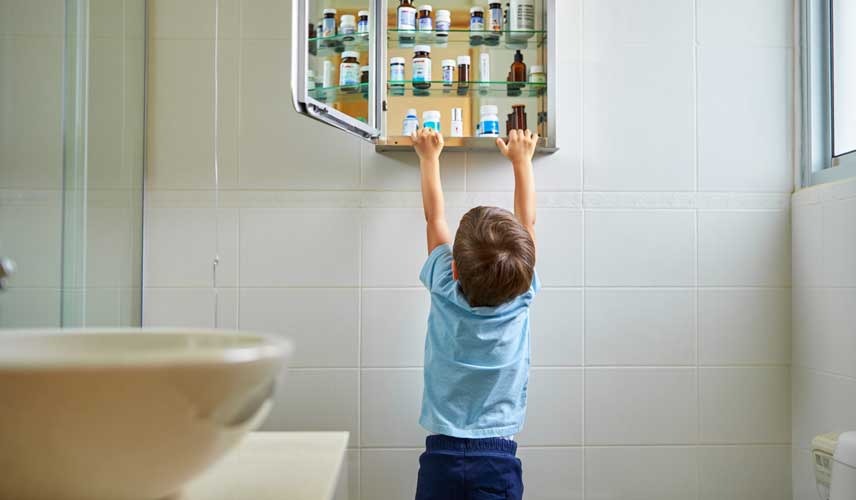
Child Health and Safety
Child Safety: Medications Should Be Stored Out of Reach of Children

Child Health and Safety
10 Effective Tips for Child Health
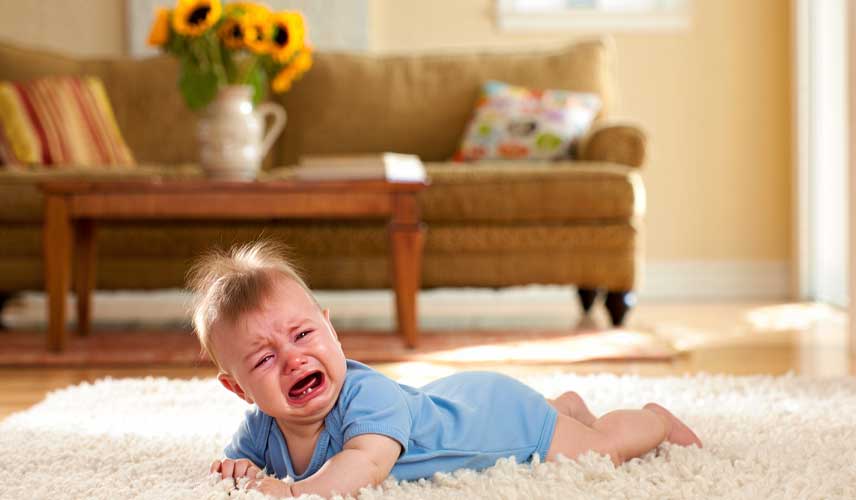
Child Health and Safety
8 Factors That Cause Babies to Cry
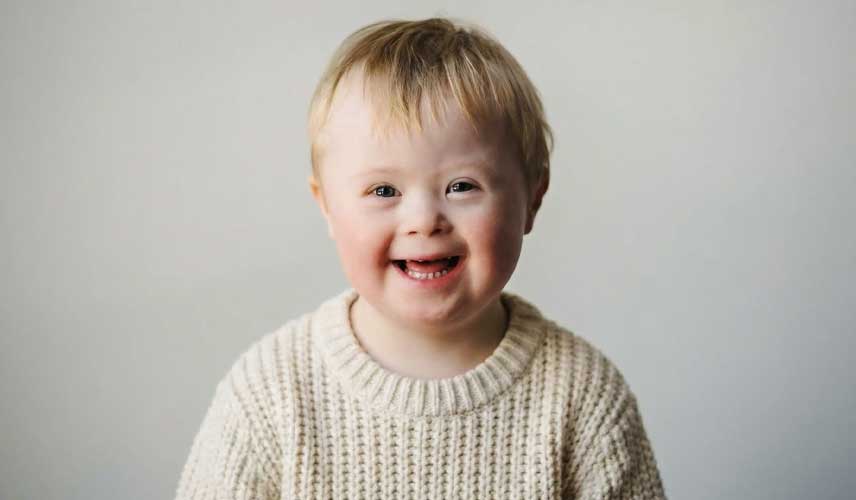
Child Health and Safety
Down Syndrome Diagnosis Methods

Child Health and Safety
When Do Babies Crawl
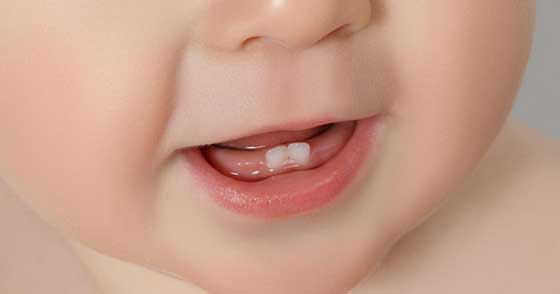
Child Health and Safety
Information About Teething Period in Babies
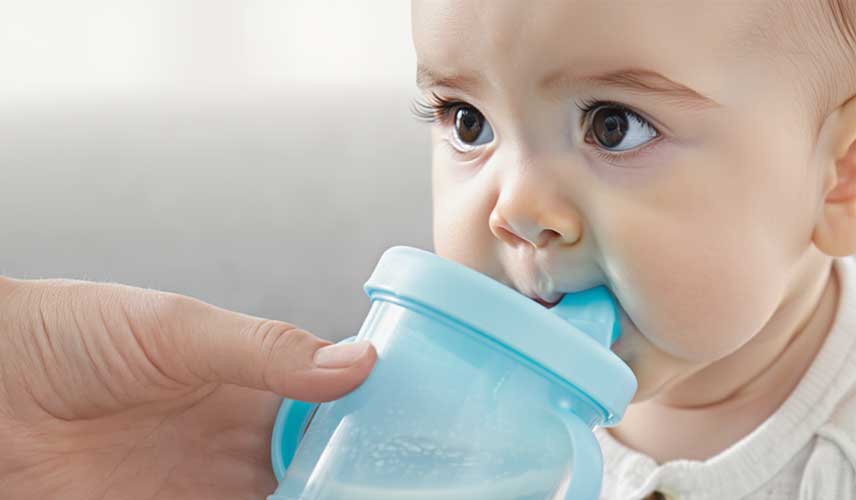
Child Health and Safety
How Much Water Should Babies Drink?

Child Health and Safety
10 Things to Do for a Healthy Pregnancy
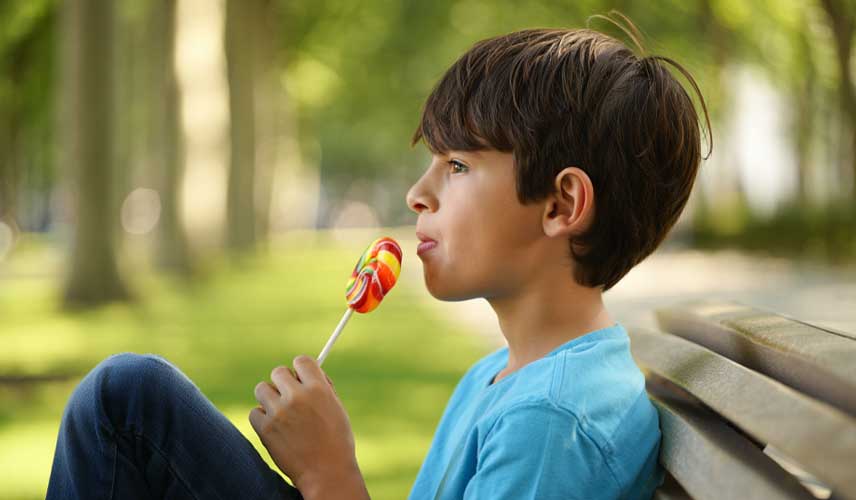
Child Health and Safety
10 Ways to Prevent Sugar Consumption in Children

Child Health and Safety
Frequently Asked Questions About Cancer and Chemotherapy
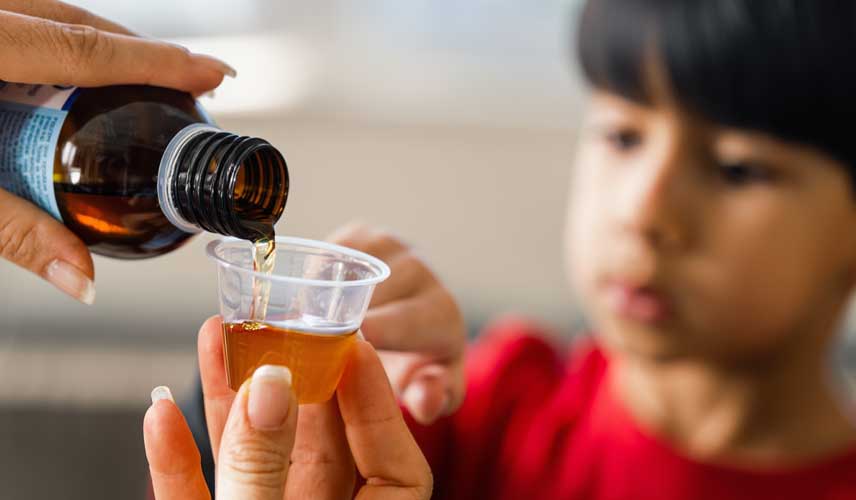
Child Health and Safety
